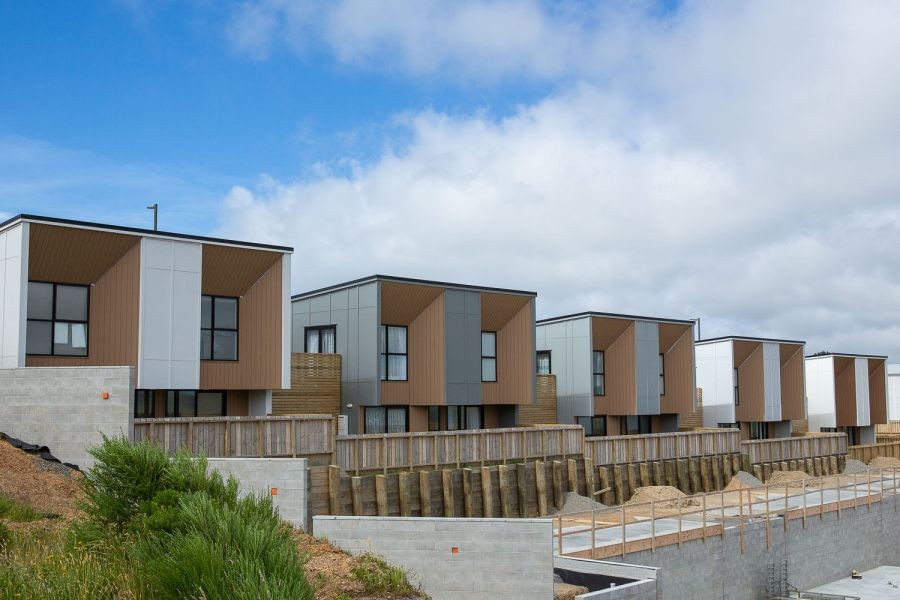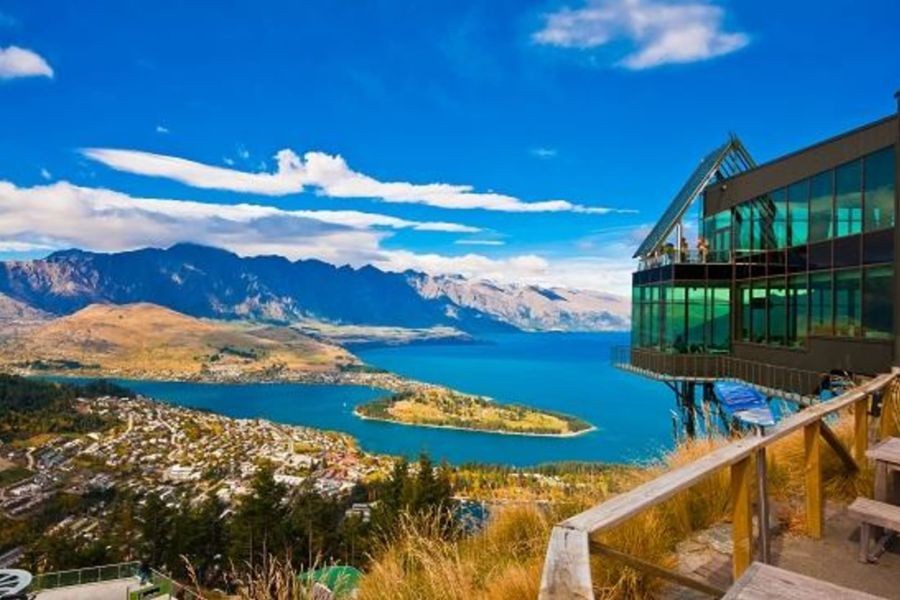Moving to rural areas in New Zealand is a dream for many, promising tranquility and a closer connection to nature. Yet, making this transition requires more than just a change of address. It involves understanding the economic, social, and environmental intricacies of rural life. This guide offers a comprehensive roadmap for those considering a move to New Zealand's countryside, highlighting the opportunities, challenges, and practical steps to get started.
The Allure of Rural New Zealand
New Zealand's rural landscapes are nothing short of enchanting. The rolling hills of Waikato, the vineyards of Marlborough, and the rugged beauty of the South Island offer a peaceful retreat from urban chaos. But beyond the aesthetic appeal, rural living in New Zealand can offer a lower cost of living, a sense of community, and opportunities for agricultural and tourism ventures.
Economic Insights: The Rural Advantage
According to Stats NZ, the median house price in rural areas is significantly lower than in cities like Auckland and Wellington. This affordability opens doors for homeownership and investment opportunities. Furthermore, the primary industries such as agriculture, horticulture, and forestry are pivotal to New Zealand's economy, contributing over NZD 48 billion annually. These industries provide ample opportunities for employment and entrepreneurship in rural regions.
Case Study: Success in Rural Entrepreneurship
Case Study: The Rise of Otago Vineyards
Problem: A family-owned vineyard in Otago struggled with limited market access and high distribution costs, impacting profitability.
- Despite producing high-quality wines, their reach was confined to local markets.
- High shipping costs deterred larger distribution networks.
Action: The vineyard invested in digital marketing and direct-to-consumer sales channels.
- They leveraged social media and e-commerce platforms to reach international customers.
- Partnerships with local tourism operators created vineyard tour packages, increasing foot traffic and brand visibility.
Result: Within two years, the vineyard's export sales increased by 65%, and local tourism collaborations boosted revenue by 40%.
Takeaway: Embracing digital platforms and local partnerships can significantly enhance rural business prospects. New Zealand's rural entrepreneurs can replicate such strategies to overcome geographic and market limitations.
Key Considerations for Rural Living
Infrastructure and Connectivity
While the tranquility of rural life is appealing, it comes with challenges, especially regarding infrastructure. Access to reliable internet and transport services can vary significantly. The New Zealand government has invested in the Rural Broadband Initiative to improve connectivity, yet some areas still face lagging digital infrastructure. Prospective rural residents should research the availability of necessary services in their chosen area.
Community and Lifestyle
Rural New Zealand offers a close-knit community atmosphere. However, integrating into these communities requires effort and understanding of local cultures and norms. Social engagement through local events and volunteer opportunities can facilitate smoother integration and provide a support network.
Environmental Considerations
New Zealand's rural areas are renowned for their natural beauty, but this comes with a responsibility to the environment. Sustainable practices are crucial, particularly in agriculture and tourism. The Ministry for Primary Industries encourages sustainable farming practices to preserve the country's unique landscapes and ecosystems. Future rural dwellers should be prepared to adopt eco-friendly practices in their daily lives.
Challenges and Misconceptions
Common Myths About Rural Living in New Zealand
- Myth: Rural life is always cheaper. Reality: While housing may be more affordable, other costs like transportation and goods can be higher due to limited local availability and increased travel distances.
- Myth: There are no job opportunities in rural areas. Reality: Many primary industries, such as agriculture and tourism, offer diverse job opportunities and the potential for entrepreneurial ventures.
- Myth: Rural living is isolated. Reality: With improved connectivity and community engagement, rural areas can offer vibrant social and cultural experiences.
Biggest Mistakes to Avoid
- Mistake: Underestimating the importance of infrastructure. Solution: Evaluate the availability of essential services such as internet connectivity, healthcare, and schooling before relocating.
- Mistake: Ignoring environmental impact. Solution: Adopt sustainable practices, such as rainwater harvesting and energy-efficient solutions, to minimize ecological footprints.
- Mistake: Overlooking community integration. Solution: Engage actively in local events and volunteer opportunities to build relationships and a support network.
The Future of Rural Living in New Zealand
As New Zealand continues to grow its digital infrastructure and promote sustainable practices, rural living is poised to become increasingly attractive. By 2028, it is predicted that 50% of rural areas will have fiber-optic internet, enhancing business and lifestyle opportunities. Moreover, government policies are likely to incentivize sustainable farming and eco-tourism, creating new avenues for economic growth.
Conclusion
Rural living in New Zealand offers a blend of tranquility, community, and economic opportunity. With strategic planning and an understanding of the challenges, it can be a rewarding lifestyle choice. Are you ready to make the move? Explore the possibilities and start planning your rural journey today.
People Also Ask
- How does rural living impact New Zealand's economy? Rural areas contribute significantly to NZ's economy through agriculture and tourism, sectors that employ a large portion of the population and generate substantial revenue.
- What are the biggest misconceptions about rural living in NZ? Many believe rural living is isolated and lacks opportunities, but improved connectivity and thriving primary industries offer diverse prospects.
- What strategies can help integrate into a rural community? Engaging in local events and volunteer work helps build relationships and a support network, facilitating smoother integration.
Related Search Queries
- Rural living in New Zealand
- Moving to the NZ countryside
- New Zealand rural lifestyle benefits
- Starting a business in rural NZ
- Sustainable living in New Zealand


![[K타이거즈] 아마겟 ---------- 🙄 🦶#aespa #armageddon #에스파 #아마겟돈#Ktigers #Taekwondo #TKD #K타이거즈 #태권도](https://s3.ap-southeast-2.wasabisys.com/cdn.vidude.com/upload/photos/2024/07/a52fe8a7d6601788df09b31edf1f687d11d8be09TfEjKco9Cp6Xb3OxkdJQ.video_thumb_9991_6.5.jpeg)
































Sparklinggems
6 months ago